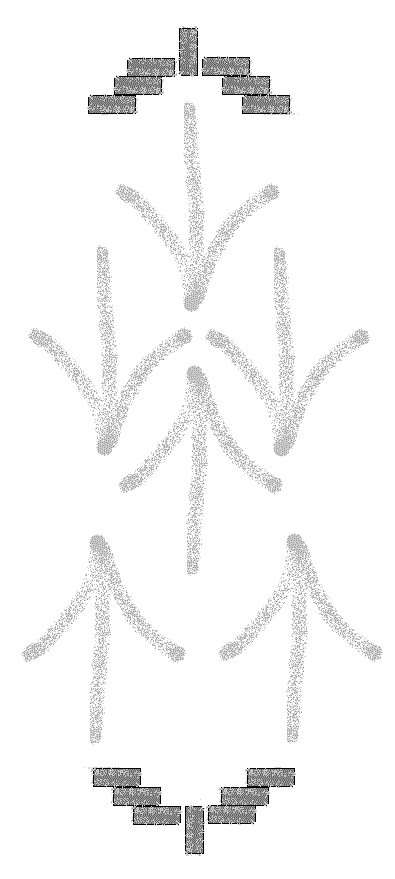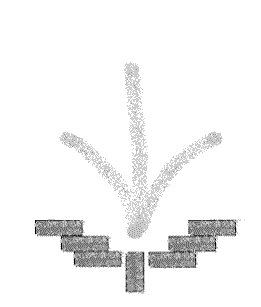| Defining librarianship
Why this site
On the scent
Working answer
My lunch with Zola
Malodorous catalog
Undefended books
Contact Page
1938 ALA Code of Ethics for Librarians
|
|
 |
The death of librarianship?
Trampled by that juggernaut known as the Information Age, abandoned by the academy (which left her for a younger trophy bride known as Information Science), and sapped by ideological diversions, librarianship is thought by many to be on the way to extinction.
Is there hope for the future of librarianship?
There are, of course, still lots of librarians doing valuable work in schools, hospitals, colleges, public libraries, churches, cyberspace, prisons, universities, government agencies, and private enterprises of all stripe. They call themselves and think of themselves as librarians. They have a sense of commonality with other librarians. They also sense that what they do is somehow distinct from all other lines of endeavor, and is one for which there will be no small demand in the future.
|
What's here:
What sets this apart:
Why this site
Hints and whiffs:
Following the scent
Draughting room:
Working answer
(Submit your own
working answer)
Radical ragout:
My lunch with Zola
En garde, Discards:
Malodorous catalog
Big IF:
Undefended books
|
The essence of who librarians are and what they do
What librarians don't have, however, is any expression of what it is that they do in terms that unite them in a common activity and distinguish them from others.
Absent also, in this time of great change for librarians, is a rock-solid sense of what perdures in their line of work. In the rapidly evolving world of informational Darwinism they are told they must change or die, when in some sense it may be equally true that they must stay the course and live. The wrong adaptation could be worse than none at all.
If librarianship is to continue as a venture shared by all who pursue it, it needs what it does not now have: unifying expressions of commonality, of distinctiveness, and of perduring value. The purpose of this website is to promote open discussion and formulation of such expressions.
Put another way, this website is looking for the answer to these questions:
What do the cyber-librarian in Pennsylvania,
the public librarian in Iran,
the church librarian in Illinois,
the prison librarian in Ireland,
the university librarian in Australia,
and the school librarian in Chile
all have in common?
What makes their endeavor distinct from all others?
What has always been and will always be the essential work of librarianship?
|
Webmaster
Jud Barry first became interested in defining librarianship when he worked as a library assistant in the reference department of a public library.
He has an M.Ln. (Master of Librarianship) degree from Emory University, which no longer has a library school.
His first brush with hands-on library ethics came soon thereafter, when as a "green" library director he was involved in the incident that led to the inclusion of library records in Tennessee's confidentality statute.
He has faced book challenges and has watched a number of friends and colleagues suffer through them.
Since the Internet came on the scene, he has marveled at the generally unrecognized proliferation of amateur librarians.
He has written a book of library essays (some of them included in this site) called Shhhhhhh! Happens: Exorcising the Censor Within, published by Xlibris.
This is a personal website and is in no way connected with his work as director of the Bristol Public Library in Bristol, VA/TN. The views expressed on this website are intended to stimulate thought and debate.
|

|
|
|


